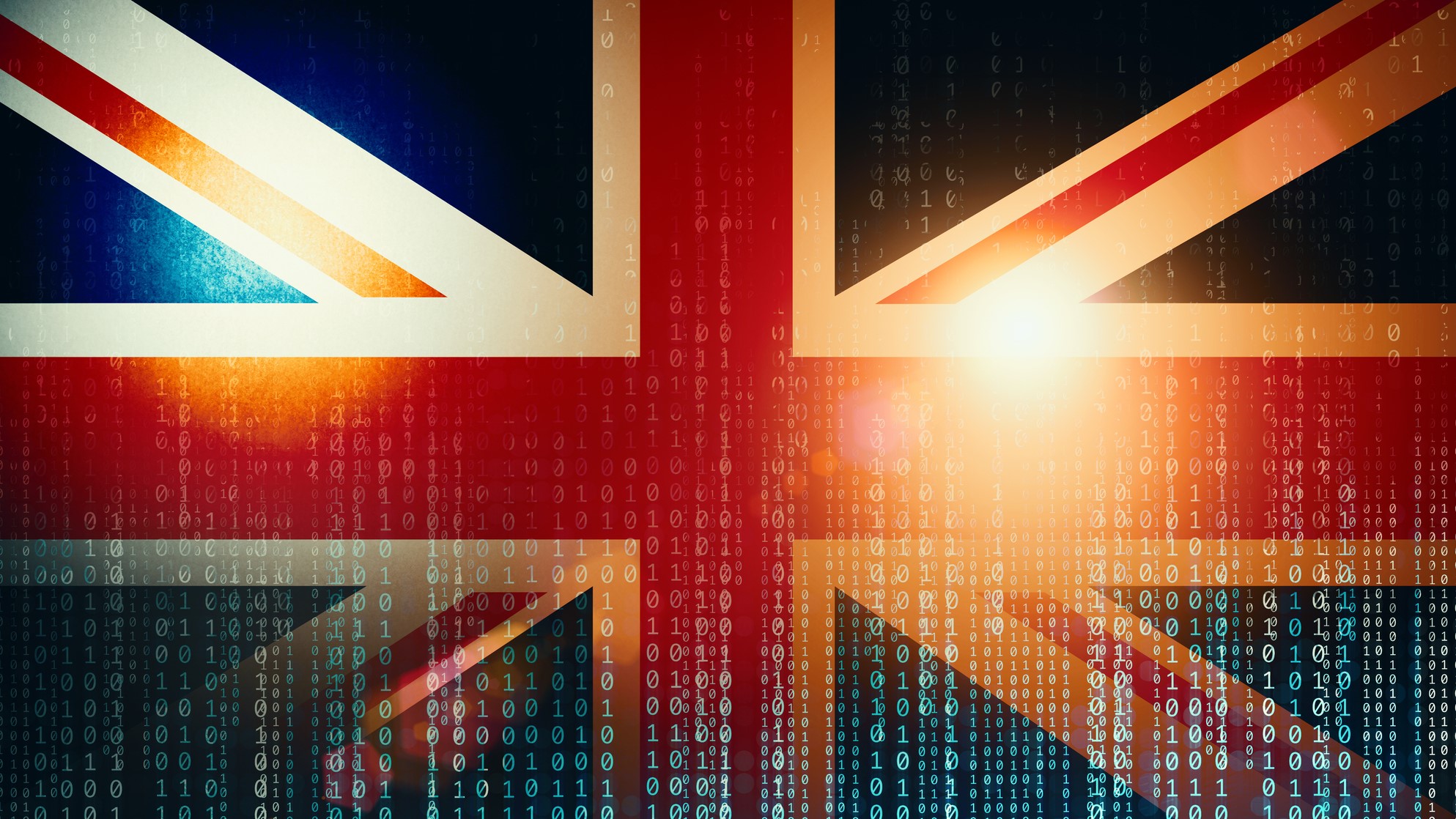Over 450,000 Brits want to repeal the UK Online Safety Act – here's how to have your say
New age verification checks are sparking concerns in terms of privacy, security, and free speech

- A petition to repeal the UK Online Safety Act has already reached over 450,000 signatures in just a few days
- The UK government has replied to the petition by saying it has "no plans to repeal the Online Safety Act"
- New age verification rules were enforced on July 25, 2025, sparking concerns for people's digital rights
A petition to repeal the UK Online Safety Act has garnered over 450,000 signatures in just a few days after strict new age verification requirements came into force.
From July 25, all platforms displaying adult content must verify that their users are over 18 years old via new, robust age checks. Social media, gaming services, and dating apps are also required to shield minors from harmful content via similar checks.
However, the age assurance measures have sparked concerns among politicians, digital rights experts, and technologists, who fear that invasive identity checks could lead to data breaches, surveillance, and free speech limitations.
The petition has now crossed 100,000 and so will be considered for debate.The next steps are-Contact your MP, ask them to be at any debate- Explain YOUR issues with the act, my reasons for starting it are probably different than yours for signing it- Keep signing pic.twitter.com/EkYqBdH2ANJuly 25, 2025
"We believe that the scope of the Online Safety Act is far broader and restrictive than is necessary in a free society," reads the petition created by Alex Baynham, a Londoner who launched a new independent party, Build, in December last year.
"We think that Parliament should repeal the act and work towards producing proportionate legislation rather than risking clamping down on civil society talking about trains, football, video games, or even hamsters because it can't deal with individual bad faith actors."
Parliament will consider the petition for debate now that it's received more than 100,000 signatures, but Baynham still encourages anyone concerned to have their say by signing the petition, contacting their MP, and explaining why they're worried.
On July 28, responding to the petition, the UK's Department for Science, Innovation, and Technology said the government has no plans to repeal the Online Safety Act, but ensures it is working very closely with Ofcom for a proportionate implementation.
Age verification: the risks
The new rules aim to stop children and adults from accessing dangerous content online, with the strongest protections designed to protect children.
However, the age checks also present significant privacy and security risks, and have implications for other rights like free speech and access to information.
You now need to scan your face, credit card, or an identity document if you want to access some content on X, Reddit, or Bluesky in the UK, for instance. The same goes if you want to play a new over-18 video game, find a new match on a dating app, or watch a video reserved for adults only.
You have to trust that the service providers will take good care of your data – something that isn't always possible, as the recent Tea app hack shows. A data breach could expose millions of Brits to identity fraud and other dangers.
Similarly, some experts argue that getting rid of online anonymity could lead to higher surveillance by leaving such data access vulnerable to abuse.
Others fear the new rules could lead to higher censorship, as platforms are now required to delete or block all content defined as harmful.
VPNs and online security
We support the goals of the Online Safety Act. However, if you have security concerns about sharing your data, then it is currently legal to use a virtual private network (VPN) to bypass age verification checks in the UK.
And it looks as though many Brits have been doing exactly that: VPN sign-ups have skyrocketed since the new age-verification checks came into play. Proton VPN, for example, recorded an hourly increase of over 1,400% starting at midnight on Friday.
Bear in mind that VPNs don’t guarantee complete anonymity in every situation, and not all VPNs are trustworthy. Free VPNs, in particular, tend to have fewer privacy and security credentials, and we've seen many that harvest your personal and browsing data, and pass it on for profit.
Still, if you’re looking for a free VPN, then Proton VPN Free is the best we’ve tested from a privacy and security perspective: it has a well-audited infrastructure and a top-of-the-line VPN protocol for avoiding detection.
Our top recommendation for most people, though, is NordVPN. It’s the best all-round VPN we’ve reviewed, with cutting-edge security and privacy features, and a strict no-logs policy, meaning no browsing data is logged by its servers. Or, if you’re super-serious about online security, consider ExpressVPN: it costs more, but we think it’s the most secure VPN out there.
You might also like

Chiara is a multimedia journalist committed to covering stories to help promote the rights and denounce the abuses of the digital side of life – wherever cybersecurity, markets, and politics tangle up. She believes an open, uncensored, and private internet is a basic human need and wants to use her knowledge of VPNs to help readers take back control. She writes news, interviews, and analysis on data privacy, online censorship, digital rights, tech policies, and security software, with a special focus on VPNs, for TechRadar and TechRadar Pro. Got a story, tip-off, or something tech-interesting to say? Reach out to chiara.castro@futurenet.com
You must confirm your public display name before commenting
Please logout and then login again, you will then be prompted to enter your display name.